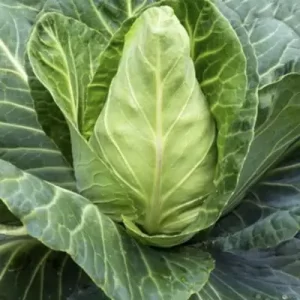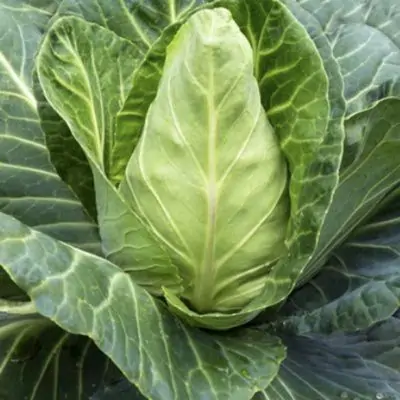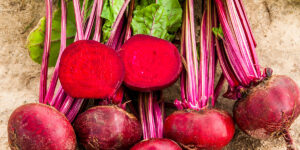
The Cape Spitz cabbage is a specific variety of cabbage, and like other cabbage varieties, it has certain technical specifications that are important for cultivation and consumption. Here’s a general overview of what these specifications typically include:
- Variety Description:
- Appearance: Cape Spitz cabbage is known for its conical or pointed shape, which differentiates it from the more common round cabbages.
- Color: It usually has a vibrant green color.
- Taste: The flavor is often described as more tender and sweeter compared to round cabbage varieties.
- Growth Requirements:
- Climate: Cabbage generally prefers cooler climates. However, specific requirements can vary based on the variety.
- Soil: Well-drained, fertile soil rich in organic matter is ideal. Soil pH should be between 6.0 and 7.5.
- Watering: Regular watering is important, but the soil should not be waterlogged. Consistent moisture is key during the growth period.
- Planting Guidelines:
- Spacing: Plants should be spaced about 12-24 inches apart, depending on the size of the variety.
- Depth: Seeds are typically planted about a half-inch deep.
- Companions: Good companion plants for cabbage include dill, celery, and potatoes, while it should be kept away from strawberries and tomatoes.
- Growth Cycle:
- Germination: Seeds usually germinate in 7 to 14 days.
- Maturity: Cape Spitz cabbage typically reaches maturity in about 60 to 80 days after planting.
- Harvesting:
- Indicators of Maturity: The heads should be firm all over and the base of the cabbage should have reached its full size.
- Method: Cut the cabbage head at its base with a sharp knife. Leave the outer leaves and stem in place to possibly produce a second crop.
- Pests and Diseases:
- Common Pests: Watch out for cabbage loopers, aphids, and slugs.
- Diseases: Be vigilant about diseases like black rot, clubroot, and downy mildew.
- Storage and Usage:
- Storage: Can be stored in a cool, humid environment for several weeks.
- Culinary Uses: Ideal for salads, coleslaws, and can be cooked as well.
- Nutritional Information:
- Rich in Vitamins: Cabbages are generally high in vitamin C and K.
- Dietary Fiber: A good source of dietary fiber.





Reviews
There are no reviews yet.